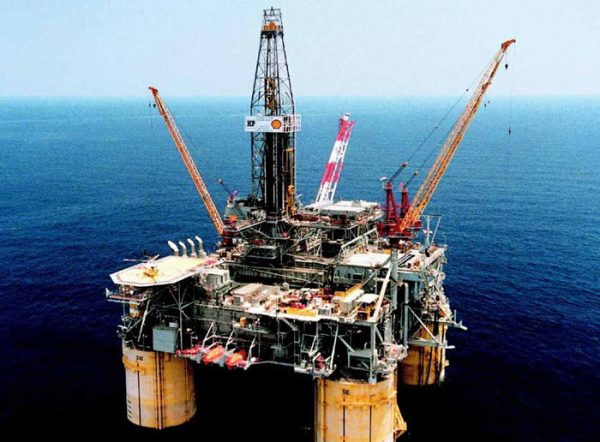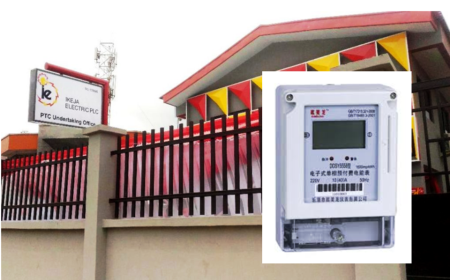The commissioning of the Dangote Petrochemical Refinery in Nigeria has fundamentally reshaped the African downstream oil market, displacing Nigeria as the continent’s largest importer of refined petroleum products and ushering in a new era of energy independence for the nation. Historically reliant on imports despite being Africa’s leading crude oil producer, Nigeria’s consumption of foreign refined fuels has dramatically decreased following the refinery’s commencement of large-scale production in early 2024. This shift has been confirmed by data from energy consultancy CITAC, showing South Africa surpassing Nigeria as the continent’s largest fuel importer in the first quarter of 2025, importing 4.2 million tonnes compared to Nigeria’s 3.1 million tonnes. This seismic shift is largely attributed to the Dangote refinery, the world’s largest single-train refinery with a capacity of 650,000 barrels per day, significantly reducing Nigeria’s dependence on imported petrol.
The impact of the Dangote refinery reverberates far beyond Nigeria’s borders, transforming trade flows across sub-Saharan Africa and reshaping the continent’s energy dynamics. Its substantial output has not only diminished Nigeria’s import reliance but has also increased overall refining throughput across sub-Saharan Africa. CITAC reports a 77.8% year-on-year increase in crude throughput in 2024, jumping from an average of 382,500 barrels per day in 2023 to 680,100 barrels per day in 2024, primarily driven by the Dangote facility. This increased regional refining capacity signifies a move towards greater energy security within Africa, potentially reducing the continent’s vulnerability to global price fluctuations and supply chain disruptions. Furthermore, the Dangote refinery is projected to continue impacting import figures throughout 2025, with Nigeria’s total refined fuel imports estimated to fall to 6.4 million tonnes, less than half of South Africa’s projected 15.5 million tonnes.
While Nigeria celebrates its newfound energy independence, South Africa grapples with the opposite challenge: a deepening reliance on imported fuels. A combination of factors, including industrial accidents, ageing infrastructure, and a history of underinvestment, has crippled South Africa’s refining capacity. The closure of several refineries, including the nation’s largest, Sapref, a joint venture between Shell Plc and BP Plc, has exacerbated the situation, forcing the country to rely on imports for over 60% of its fuel needs. This reliance has opened the South African market to foreign traders seeking to capitalize on the supply gap, highlighting the interconnectedness of regional energy markets and the potential for shifting dynamics to create both challenges and opportunities. The South African government’s acquisition of the Sapref refinery signals an attempt to address the domestic refining shortfall, but the lack of a confirmed relaunch date leaves the country vulnerable to continued import dependence.
The economic and financial implications of Nigeria’s reduced import dependency are substantial. The decreased demand for foreign exchange to purchase refined fuel is expected to bolster the naira, alleviate pressure on foreign exchange reserves, and narrow trade deficits. Moreover, the government’s historically high expenditure on fuel subsidies is expected to decrease, freeing up resources for other critical sectors. This positive economic outlook serves as a testament to the potential for strategic investments in domestic refining capacity to drive national economic growth and stability. Conversely, South Africa’s increasing reliance on imports carries significant economic burdens, including exposure to global price volatility and potential supply chain disruptions, underscoring the importance of investing in and maintaining domestic refining infrastructure.
The ripple effects of the Dangote refinery’s operations extend to the trading landscape of West Africa. Companies like Swiss-based oil trader Mocoh, which previously relied heavily on supplying petrol to Nigeria, have been forced to adapt their business models. The significant reduction in petrol trade with the Nigerian National Petroleum Company Limited (NNPC) due to the Dangote refinery’s domestic supply has prompted Mocoh to explore new opportunities, including partnering with Dangote to export surplus fuel to regional markets such as Benin, Cameroon, and Burkina Faso. This shift highlights the evolving dynamics within the regional fuel market, requiring traders to embrace flexibility and adapt to the new competitive landscape shaped by the Dangote refinery.
This shift in West African fuel dynamics has spurred increased competition among traders. While Dangote has partnered with established trading giants like Vitol, BP, and Trafigura for major offtake deals, smaller players like Mocoh are vying for a share of the regional export market. The emergence of new players, such as Afreximbank-backed Atmin, further intensifies the competition, creating a dynamic and evolving market. Dangote’s preference for flexibility and market pricing, rather than exclusive partnerships, underscores the fluid nature of the regional trade landscape and the opportunities it presents for nimble traders capable of adapting to changing market demands. This new era of competition ultimately benefits consumers through increased supply and potentially more competitive pricing.














